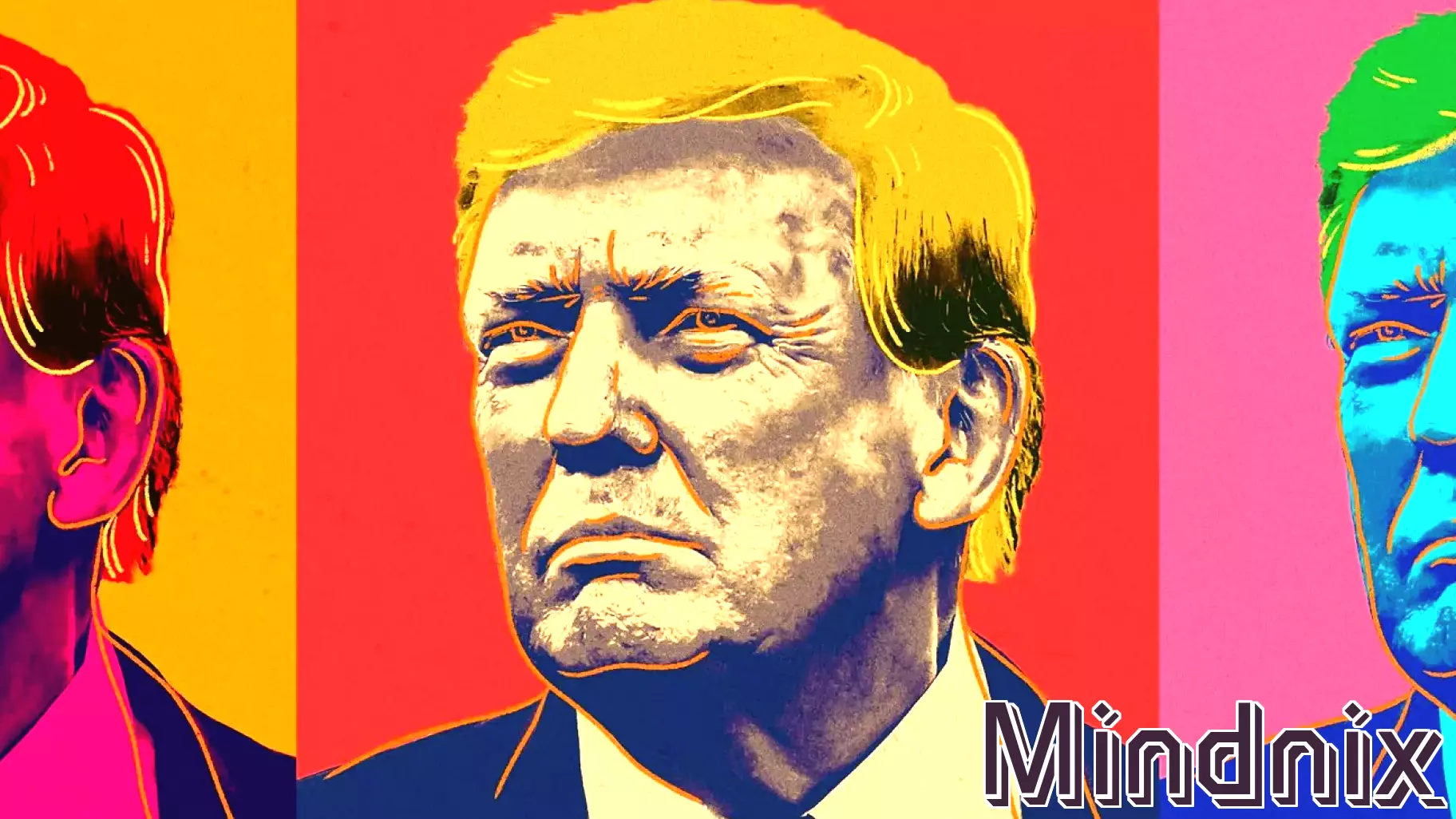The Evolving Psychology of Trade Negotiations Under Trump
July 24, 2025 - 07:40

When a 25% tariff is on the table, striking a deal at 15% brings a collective sigh of relief. This sentiment encapsulates the changing dynamics of trade negotiations during the Trump administration. The aggressive stance on tariffs has fundamentally altered the way businesses and governments approach trade discussions.
As negotiations unfold, the looming threat of higher tariffs has created a sense of urgency among stakeholders. Companies are now more inclined to reach agreements quickly, fearing that any delay could result in even steeper tariffs. This shift in psychology has led to a more reactive approach, where the emphasis is placed on immediate solutions rather than long-term strategies.
Moreover, the unpredictability of trade policies has forced businesses to adapt their strategies, often prioritizing short-term gains over sustainable growth. The fear of escalating tariffs has created a landscape where compromise is viewed as a necessary evil, prompting a reevaluation of traditional trade relationships. As the trade war continues to evolve, the psychological impacts on negotiations will likely endure, shaping future agreements and economic strategies.
MORE NEWS

February 25, 2026 - 00:30
Rewired: How the Digital World Reshapes the Human BrainThe impact of our digital lives on the brain is a complex tapestry, not a simple story of harm or benefit. Emerging perspectives suggest that digital engagement, particularly among the young,...

February 24, 2026 - 00:52
Day in the life: Health sciences senior follows research toward clinical psychologyIsabella Bourtin, a health sciences senior, exemplifies the determined focus required to navigate a significant academic shift. Once firmly on the pre-med track, she has successfully pivoted her...

February 23, 2026 - 01:31
Toxic People Makes Us Age FasterThe emotional toll of difficult relationships is well-documented, but new research indicates the damage may be more than skin deep, potentially accelerating the biological aging process. A recent...

February 22, 2026 - 01:17
From Psychology to the Runway, Purpose Takes Center StageFor Lisa Jacovsky, a recent runway appearance during New York Fashion Week was far more than a fashion statement. Recognized as a `Queen of Impact` on the catwalk, the moment served as a powerful,...